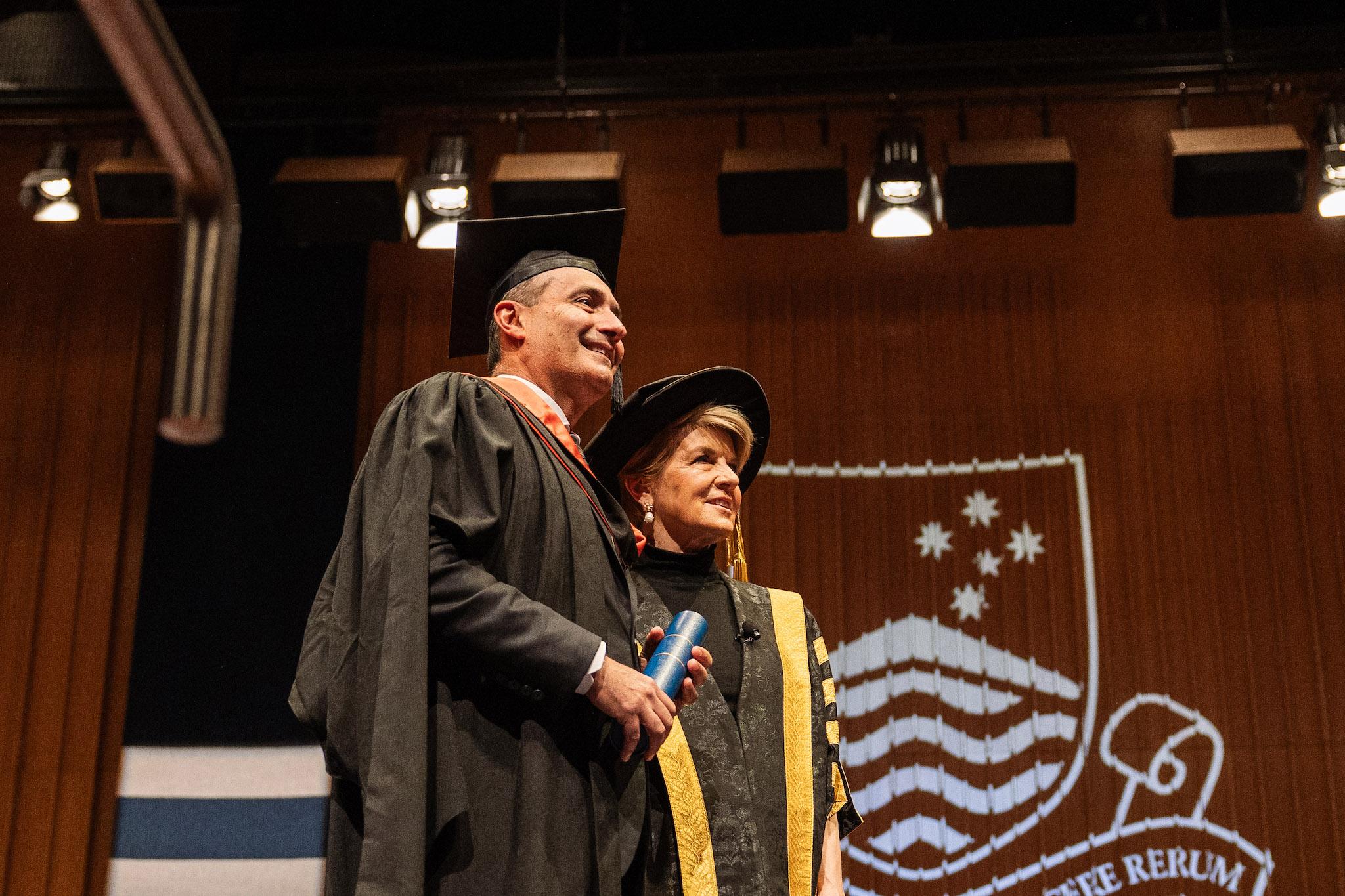Technology is reshaping how we live, work and govern — in business, in government, at home and at work. As digital technologies continue to evolve, they bring exciting possibilities, but also new risks
and challenges. Maximising their benefits requires a new generation of leaders who can navigate complexity across the public, private and nonprofit sectors.
The Master of Technology Governance (MTGOV) is a transdisciplinary training experience that accommodates interests in various technology sectors and emphasises a stimulating curriculum of contemporary classes with distinguished practitioners, global networks and multiple career pathways in Australia and overseas.
The Graduate Certificate of Technology Governance (CTEGO) is a 24-unit (12 months part time or 6 months full time) program available for those who would prefer a shorter time commitment while still receiving a world class qualification in Technology Governance. As well as being its own standalone program, it also provides an introduction to the immersive Master's experience as a pathway option into the MTGOV.




